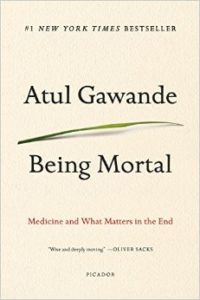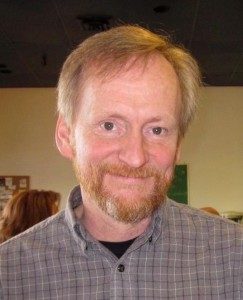 April 2017
April 2017
#1 NEW YORK TIMES BESTSELLER, NAMED BY THE TIMES AS ONE OF “6 BOOKS TO HELP UNDERSTAND TRUMP’S WIN”
“You will not read a more important book about America this year.“—The Economist
From a former marine and Yale Law School graduate, a probing look at the struggles of America’s white working class through the author’s own story of growing up in a poor Rust Belt town
Hillbilly Elegy is a passionate and personal analysis of a culture in crisis—that of poor, white Americans. The disintegration of this group, a process that has been slowly occurring now for over forty years, has been reported with growing frequency and alarm, but has never before been written about as searingly from the inside. In Hillbilly Elegy, J.D. Vance tells the true story of what a social, regional, and class decline feels like when you were born with it hanging around your neck.
The Vance family story began with hope in postwar America. J.D.’s grandparents were “dirt poor and in love” and moved north from Kentucky’s Appalachia region to Ohio in the hopes of escaping the dreadful poverty around them. They raised a middle-class family, and eventually one of their grandchildren would graduate from Yale Law School, a conventional marker of success in achieving generational upward mobility. But as the family saga of Hillbilly Elegy plays out, we learn that J.D.’s grandparents, aunt, uncle, sister, and, most of all, his mother struggled profoundly with the demands of their new middle-class life, never fully escaping the legacy of abuse, alcoholism, poverty, and trauma so characteristic of their part of America. With piercing honesty, Vance shows how he himself still carries around the demons of his chaotic family history.
A deeply moving memoir, with its share of humor and vividly colorful figures, Hillbilly Elegy is the story of how upward mobility really feels. And it is an urgent and troubling meditation on the loss of the American dream for a large segment of this country.
About the author
J.D. Vance grew up in the Rust Belt city of Middletown, Ohio, and the Appalachian town of Jackson, Kentucky. He enlisted in the Marine Corps after high school and served in Iraq. A graduate of the Ohio State University and Yale Law School, he has contributed to the National Review and is a principal at a leading Silicon Valley investment firm. Vance lives in San Francisco with his wife and two dogs.
Reviews
“[A] compassionate, discerning sociological analysis…Combining thoughtful inquiry with firsthand experience, Mr. Vance has inadvertently provided a civilized reference guide for an uncivilized election, and he’s done so in a vocabulary intelligible to both Democrats and Republicans. Imagine that.” (Jennifer Senior, New York Times)
“[Hillbilly Elegy] is a beautiful memoir but it is equally a work of cultural criticism about white working-class America….[Vance] offers a compelling explanation for why it’s so hard for someone who grew up the way he did to make it…a riveting book.” (Wall Street Journal)
“[Vance’s] description of the culture he grew up in is essential reading for this moment in history.” (David Brooks, New York Times)
“[Hillbilly Elegy] couldn’t have been better timed…a harrowing portrait of much that has gone wrong in America over the past two generations…an honest look at the dysfunction that afflicts too many working-class Americans.” (National Review)
[A]n American classic, an extraordinary testimony to the brokenness of the white working class, but also its strengths. It’s one of the best books I’ve ever read… [T]he most important book of 2016. You cannot understand what’s happening now without first reading J.D. Vance. (Rod Dreher,The American Conservative)
“J.D. Vance’s memoir, “Hillbilly Elegy”, offers a starkly honest look at what that shattering of faith feels like for a family who lived through it. You will not read a more important book about America this year.” (The Economist)
“[A] frank, unsentimental, harrowing memoir…a superb book…” (New York Post)

